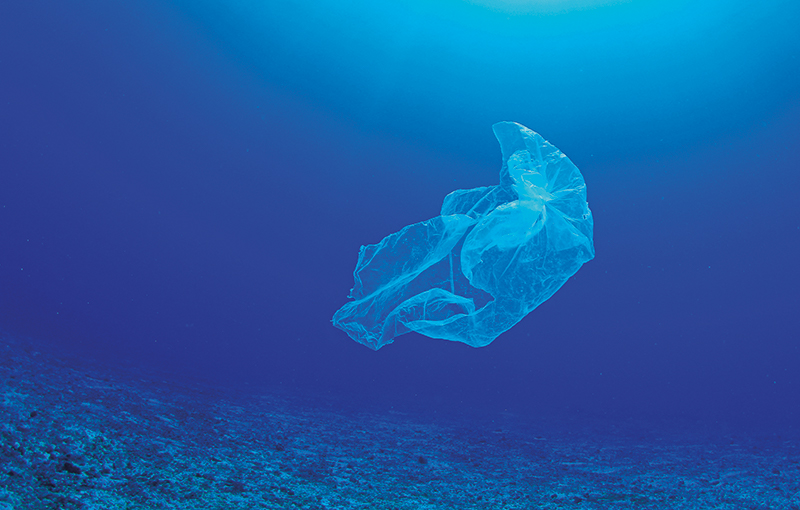Case study: Xampla
Consider the silkworm. It spits out a fluid, spins it into a solid, and creates a ‘sleeping bag’ tough enough to protect it through its vulnerable pupal phase. Intrigued by the material, its transformation, and its strength, Professor Tuomas Knowles and Dr Ulyana Shimanovich, a postdoctoral researcher in his lab, decided to unravel the biochemistry and replicate it on a microscopic scale.
Their goal was to create a robust, but biodegradable, shell to protect and encapsulate fragile, high-value molecules, such as the monoclonal antibodies used as drugs. These microengineered capsules are a thousand times smaller than a silkworm’s cocoon but every bit as durable.
Knowles, who is Professor of Physical Chemistry and Biophysics in the Yusuf Hamied Department of Chemistry, and Shimanovich disclosed their invention to Cambridge Enterprise in 2013. Dr Marc Rodriguez-Garcia joined Knowles and was instrumental in taking the technology to the next level, expanding it from the use of silk to include plant-based biodegradable proteins, feedstocks that are available at scale, and in some cases as waste products of established processes.
Cambridge Enterprise helped obtain three patents for the core technology, collectively dubbed Supramolecular Engineered Proteins. Simon Hombersley joined Knowles and Rodriguez-Garcia to work with the team on shaping the commercial opportunity: a biodegradable replacement for single-use plastic packaging and microplastics. Xampla was founded in 2018 to bring this revolutionary technology to market.
Xampla’s mission is to replace everyday plastics—such as bags, sachets, and flexible packaging films, as well as the ‘hidden’ microplastics that have become a ubiquitous pollutant in oceans—with a natural alternative. Instead of synthetic polymers, Xampla uses inexpensive, widely available, and renewable vegetable proteins. Although Xampla’s replacement films and gels perform identically to ordinary plastic ones, less energy is required to produce them and they degrade completely after use, leaving no harmful residues behind.
In April, Cambridge Enterprise and Amadeus Capital Partners co-led a £2 million seed funding round for Xampla, joined by Sky Ocean Ventures and the University of Cambridge Enterprise Fund VI, which is managed by Parkwalk. The money is enabling Xampla to develop its prototype material into products, with the first range to be launched in 2021.
In October, Xampla appointed Jeff Seabright, former Chief Sustainability Officer at Unilever and a White House climate change advisor during the Clinton administration, as its new Chair. At the same time, Xampla announced that it had become the first university spin-out in the UK to be accredited with B Corp status.
Annual Review 2020
The Xampla case study is featured in our Annual Review 2020. Learn more about some of the exciting projects we have been working on and our financial performance for 2019-20.




